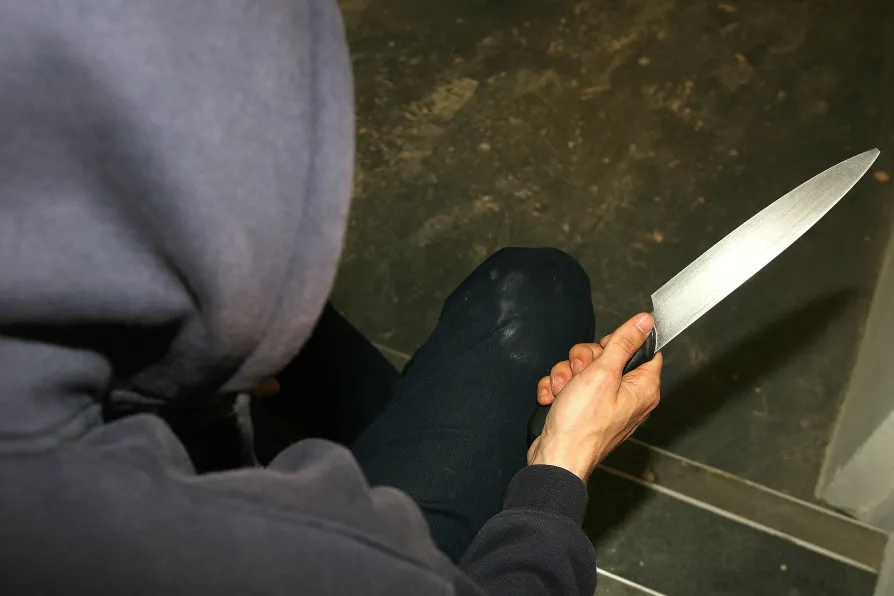Despite the adoring support from Elon Musk and Donald Trump, Javier Milei’s radical-right free-market nightmare is unravelling, and the people are beginning to score major victories against the government in the streets and in elections, reports BEN HAYES


A STUDY released this week suggested a clear link between rising knife crime and the severe cuts to council funding — and in particular related to this, services for young people — that have taken place in recent years.
The study comes from the all-party parliamentary group on knife crime (APPG) of MPs and peers from across the parties, who looked at budgets for youth services from 2014-15 to 2017-18, and also analysed knife crime data.
These figures on youth service budgets were obtained by using freedom of information requests sent to 154 local authorities in England, of which 106 replied.

DIANE ABBOTT MP argues we shouldn’t see last week’s march as an inarticulate outpouring of confused class consciousness, arguing that the agenda was set by the stars of the international far right, whose speeches were explicit, extreme and unopposed

DIANE ABBOTT exposes the misconceptions, rumours and downright lies perpetrated around immigration issues

Every Starmer boast about removing asylum-seekers probably wins Reform another seat while Labour loses more voters to Lib Dems, Greens and nationalists than to the far right — the disaster facing Labour is the leadership’s fault, writes DIANE ABBOTT MP

DIANE ABBOTT explodes the anti-migrant myths perpetrated by cynical politicians and an irresponsible mass media














